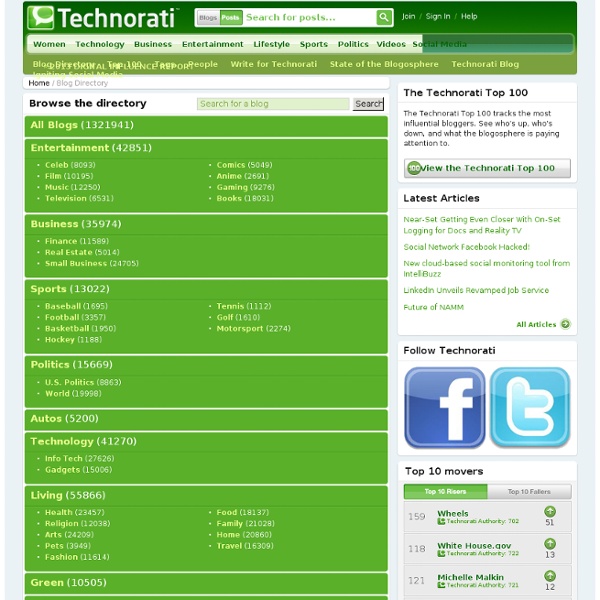



Posts - Research Blogging Regator - Curated Blog Search and Discovery Icerocket blog search Immigrants Are Sending More Money Back To Less Poor Countries More and more people are sending money from places like the United States to places like the Dominican Republic, according to a new analysis from the Pew Research Center. Last month, my blog mate Kat Chow wrote about a New Jersey lottery winner named Pedro Quezada who sent a staggering $57 million of his winnings back to the Dominican Republic, where his family lives. Let's ignore the sheer dollar amount for a second to look at the larger global trend that Quezada represents: the growing amount of money flowing from high-income nations to what the World Bank classifies as "middle-income" nations. Seventy percent of all "remittances" — the money that migrants send back to their countries of origin — goes to middle-income nations like the Dominican Republic, India and Mexico, according to a newly released Pew study that crunched numbers from the World Bank. Those immigrants are also heading to new destinations. Copyright 2014 NPR.
Plazoo Blogging Fusion - Blog Directory - Web Blog Directory - RSS Directory Does Facebook Represent the Future of International Remittances? Social networks such as Facebook and China’s RenRen reach increasingly large segments of the global population, with Facebook claiming over 1 billion active users and RenRen claiming 178 million. The popularity of social networking is not limited to developed countries, but extends to developing countries as well. In fact, in countries that receive the most international remittances, such as India (#1) and the Philippines (#3), Facebook is either the most frequently visited website or among the top three most visited. These social networks reach segments of the population who can often lag in financial inclusion: in the Philippines, more women than men access Facebook, for instance. In short, the potential is there, but there’s a lack of evidence that this model will be successful. For example, two existing services, Azimo and fastacash, are linking international remittances to Facebook.
RSS Search Engine Instant RSS Search engine will help you discover RSS feeds on the web around your favorite topics. You may use the tool to search RSS feeds for blogs, news websites, podcasts and more. It is instant search and hence the search results display as you type. You may use any of the Google search operators - like allintitle, inurl, etc. - for more accurate results. You can subscribe to the feeds in your favorite RSS Reader (like Feedly) or use the Preview link to see the 10 most recently published articles from that feed. Blog Search Engine - Getblogs.com Social as a Service: Can Facebook Money App Azimo Disrupt the $400bn Remittance Market? According to the World Bank peer-to-peer money transfer services handle $400bn of cash transfers every year. Given that these services, dominated by big players such as Western Union can charge over 10% commission the sector is ripe for disruption. Enter a new generation of online financial service startups such as Azimo ($460K funding Jan 2013) that aim to cut the cost of sending money and make the customer experience smoother using native mobile apps and harnessing digital connections of Facebook. A UK startup competitor to TransferWise and US counterpart Dwolla, Azimo makes signing up to its service easier by inviting them to do so their Facebook account. As we put together a conference presentation for next month on how to make social media pay in the financial services sector, a theme is emerging; social as a service.
Who Is? Search